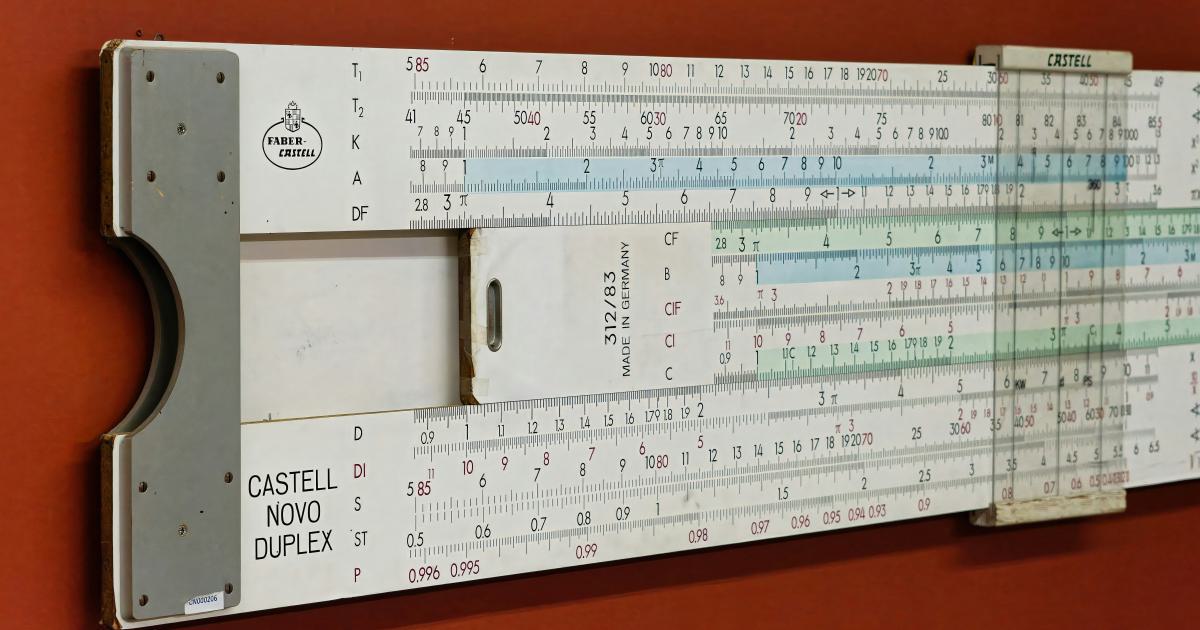15 Genius Tactics for Accurate PPC Tracking Insights


Introduction: The Importance of Precise PPC Tracking
Accurate ppc tracking insights are the bedrock of any successful digital marketing strategy. In the fast-paced world of pay-per-click (PPC) advertising, every penny counts, and the ability to make data-driven decisions is crucial for maximizing your return on investment (ROI). Without a clear understanding of your PPC performance, you're essentially flying blind, unable to optimize your campaigns effectively and missing out on potential growth opportunities.

This comprehensive guide will unveil 15 genius tactics that will help you unlock a treasure trove of ppc tracking insights, empowering you to make informed choices, optimize your campaigns, and drive sustainable growth for your business. From setting up robust tracking systems to leveraging advanced analytics tools, these strategies will provide you with the visibility and clarity you need to stay ahead of the competition.
Laying the Groundwork: Fundamental PPC Tracking Principles
1. Establish Clear Campaign Goals and Key Performance Indicators (KPIs)
Before diving into the nitty-gritty of PPC tracking, it's essential to define your campaign goals and the corresponding KPIs that will help you measure success. Are you aiming to increase website traffic, generate leads, or drive conversions? Clearly articulating your objectives will determine the specific metrics you need to track and the insights you'll ultimately uncover.
"Measurement is the first step that leads to control and eventually to improvement. If you can't measure something, you can't understand it. If you can't understand it, you can't control it. If you can't control it, you can't improve it." - H. James Harrington
2. Implement Robust Tracking Codes and Tagging Strategies
Accurate ppc tracking insights start with the proper implementation of tracking codes and tagging strategies. Ensure that you have properly configured your Google Analytics or other web analytics platform to capture all relevant data points, including campaign-level data, ad-level data, and conversion-level data.

3. Integrate with Third-Party PPC Platforms
Expand your PPC tracking capabilities by integrating your analytics platform with the various ad networks you're using, such as Google Ads, Bing Ads, and Facebook Ads. This integration will allow you to centralize your data and gain a holistic view of your PPC performance across multiple channels.
Advanced PPC Tracking Tactics
4. Implement Conversion Tracking with Granular Attribution
Beyond basic conversion tracking, leverage advanced attribution models to gain deeper insights into the customer journey. Utilize tools like Google Analytics' multi-touch attribution or custom attribution models to understand the relative impact of different touchpoints along the conversion path.
5. Track Micro-Conversions and Secondary Actions
While final conversions are essential, don't overlook the value of micro-conversions and secondary actions. These smaller, yet meaningful, interactions can provide valuable insights into user behavior and help you optimize your campaigns more effectively.
6. Leverage Audience Targeting and Segmentation
Segmenting your audience and tracking their behavior can uncover powerful insights. Analyze the performance of different demographic, psychographic, or behavioral segments to identify your most valuable target audiences and optimize your ad campaigns accordingly.

7. Implement Cross-Device and Cross-Channel Tracking
In today's multi-device and omnichannel world, it's crucial to track user behavior across different devices and marketing channels. Utilize cross-device tracking and cross-channel attribution to understand the full customer journey and make more informed decisions about your PPC strategy.
8. Monitor and Analyze Seasonality and Trends
PPC performance can be heavily influenced by seasonal patterns and industry-specific trends. Analyze your historical data to identify recurring cycles and capitalize on these insights to optimize your campaigns for maximum impact.

9. Utilize Automated Rules and Bid Optimization
Leverage the power of automation to streamline your PPC tracking and optimization processes. Set up automated rules and bid optimization strategies to respond quickly to changes in your campaign performance and ensure that your bids are always aligned with your goals.
10. Incorporate Offline Conversions and Phone Tracking
For businesses with a physical presence or reliance on phone-based interactions, don't forget to track offline conversions and phone-based leads. Integrate these data points into your overall PPC tracking to get a complete picture of your campaign performance.
Advanced Analytics and Reporting Strategies
11. Utilize Custom Dashboards and Reporting
Create custom dashboards and reporting templates that align with your specific business objectives and reporting needs. This will help you quickly identify trends, highlight key performance indicators, and generate actionable insights from your ppc tracking data.
12. Implement Advanced Segmentation and Cohort Analysis
Go beyond basic audience segmentation by leveraging advanced segmentation techniques and cohort analysis. This will allow you to gain deeper insights into user behavior, identify your most valuable customer segments, and optimize your campaigns accordingly.

13. Leverage Data Visualization and Storytelling
Elevate your PPC reporting by incorporating visually engaging data visualizations. These can include charts, graphs, and other infographic elements that help stakeholders quickly understand the insights and make informed decisions.
14. Integrate PPC Data with Other Business Metrics
To gain a holistic view of your marketing performance, integrate your PPC data with other relevant business metrics, such as sales data, customer lifetime value, and overall revenue. This cross-functional analysis will provide a more comprehensive understanding of the impact of your PPC campaigns.

15. Continuously Optimize and Iterate
The journey of improving your ppc tracking insights is an ongoing process. Continuously monitor your data, test new strategies, and iterate on your approach to ensure that your PPC campaigns are always performing at their best.
Conclusion: Unleash the Power of PPC Tracking Insights
By implementing the 15 tactics outlined in this article, you'll be well on your way to unlocking a treasure trove of ppc tracking insights that will transform your digital marketing efforts. From setting up robust tracking foundations to leveraging advanced analytics and reporting strategies, these strategies will empower you to make data-driven decisions, optimize your campaigns, and drive sustainable growth for your business.
Remember, the key to success in the PPC landscape is to continuously evolve, adapt, and refine your approach. Stay agile, stay curious, and let the data be your guide. Embrace these tactics, and you'll be well on your way to PPC tracking mastery.
Further Reading
- The Ultimate Guide to Google Ads Tracking and Measurement
- 10 Essential PPC Reporting Metrics You Should Be Tracking
- Advanced Attribution Models for PPC: Going Beyond Last-Click
- The Power of Micro-Conversions in PPC Campaigns
- Audience Segmentation Strategies for Smarter PPC Campaigns